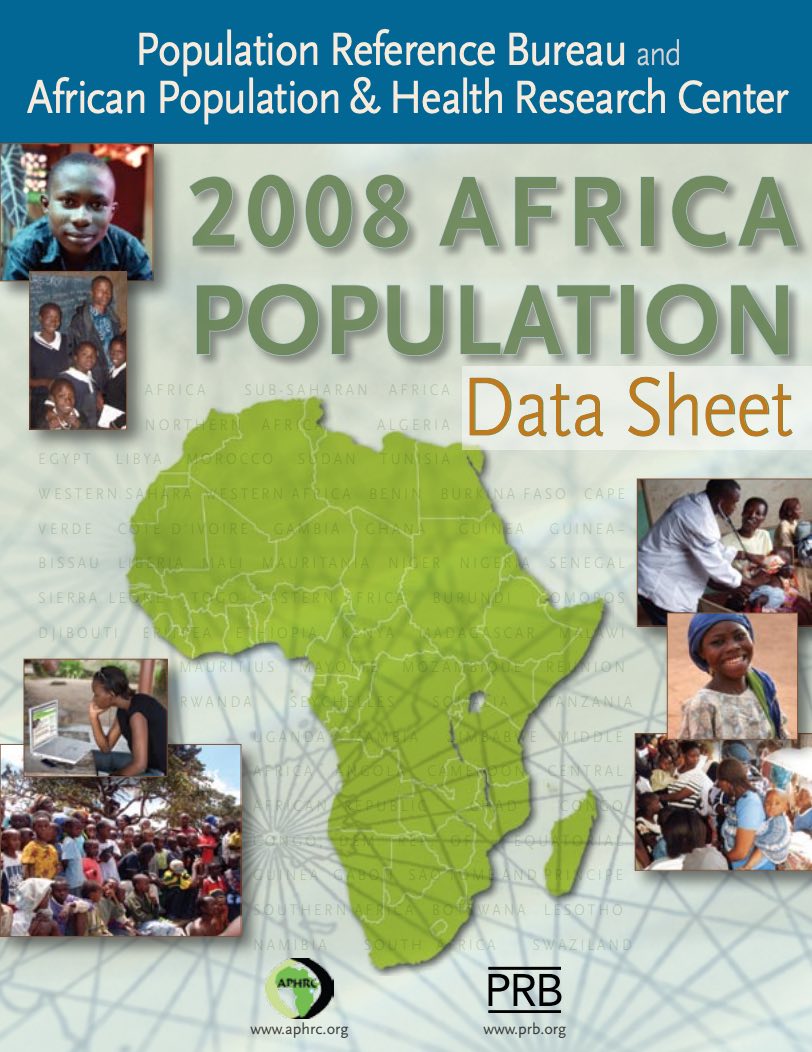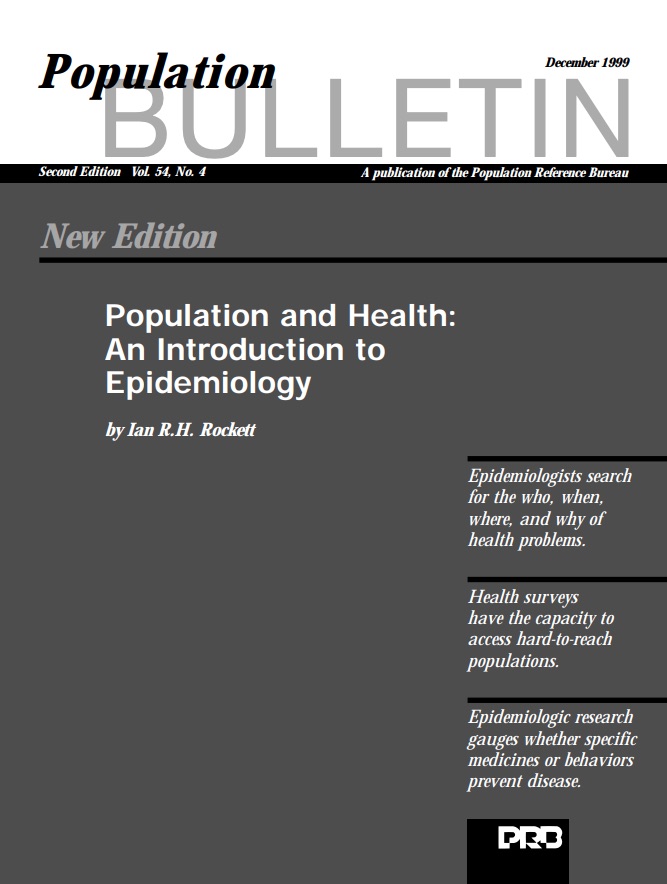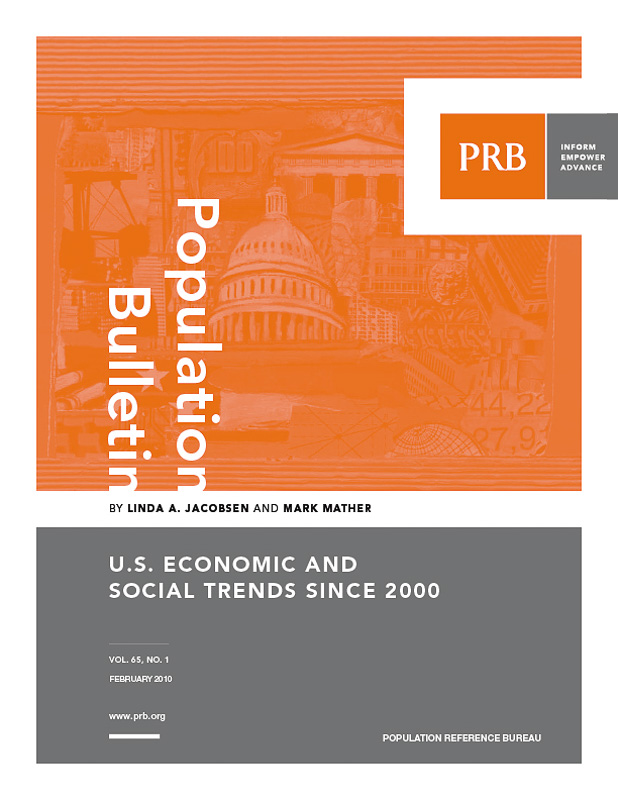Data Sheet: 2008 Africa Population
(2008) Even as African women use family planning more and bear fewer children, the continent's youthful population will fuel the continent's growth for many decades to come.

(2008) Even as African women use family planning more and bear fewer children, the continent's youthful population will fuel the continent's growth for many decades to come.
At least 16 million Pakistanis have had to leave their homes because of historic monsoon rains that flooded a large swath of the country.1 The UN estimates the flooding has caused the deaths of 1,600 people, but the worst health effects are still ahead.

(1999) Most people are concerned about their health. When they are well, they wonder how to remain that way.

(2008) Even as African women use family planning more and bear fewer children, the continent's youthful population will fuel the continent's growth for many decades to come.
When the World Health Organization declared COVID-19 a pandemic on March 11, 2020, few sub-Saharan African countries had reported a single case of the disease, caused by the novel coronavirus SARS-CoV-2.

Project: American Community Survey and Decennial Census Support Services
Data suggest that Appalachia faces a digital divide—not just between the Region’s households and the rest of the nation but also between the Region’s rural and more urban areas, say the authors of a Population Reference Bureau (PRB) report for the Appalachian Regional Commission.
(2014) Is there a retirement crisis, or are older Americans preparing adequately for their "golden years"?

(2010) This has been a tumultuous decade for the United States. During the first 10 years of the 21st Century, there was a major terrorist attack, a housing meltdown, a severe economic recession, and a significant downturn in the U.S. stock market.

Project: PACE: Policy, Advocacy, and Communication Enhanced for Population and Reproductive Health
An excellent reference and data analysis tool for instructors using the Data Sheet for a variety of topics and activities